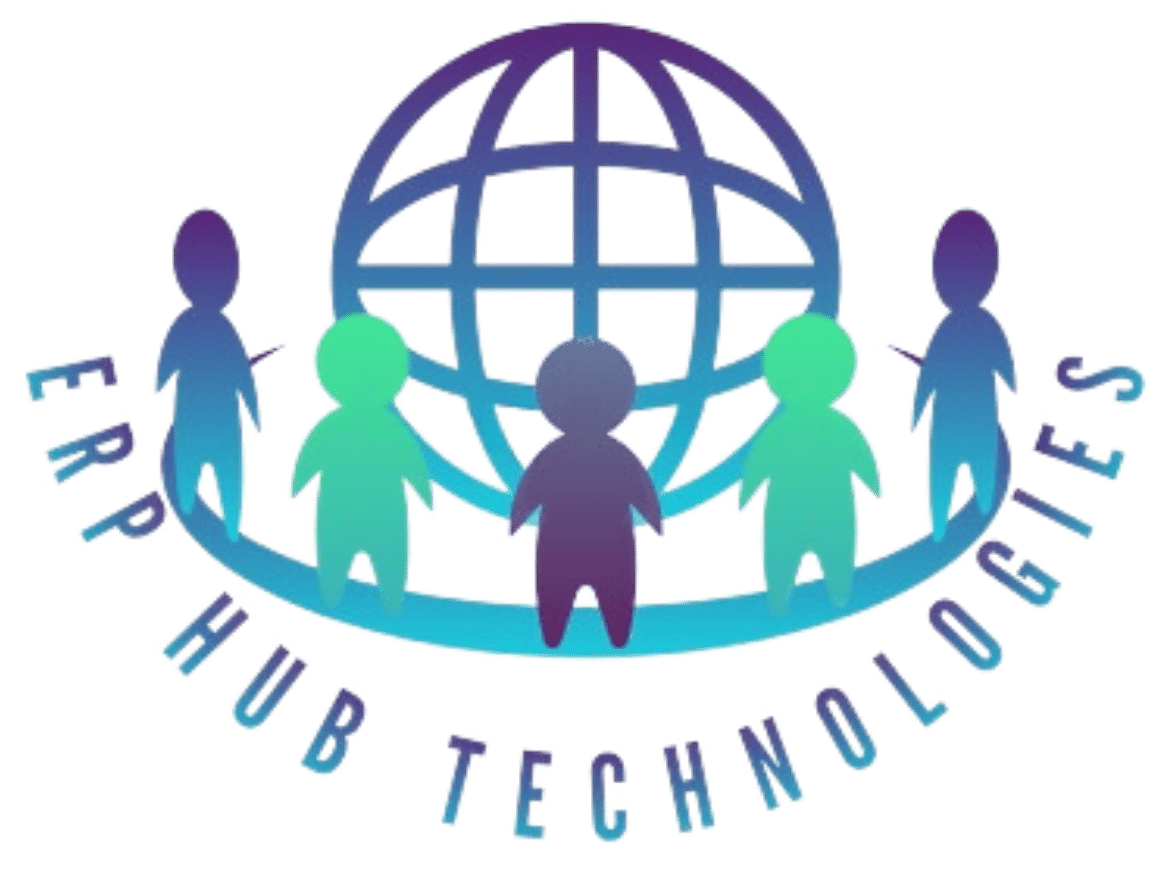
Future-Proofing Your Enterprise: Key ERP Trends and Technologies to Know
Engage users with interactive elements and consider gamification to boost motivation. Regular usability testing and A/B testing will help refine the design based on real user feedback.
© 2024 All Rights Reserved. Developed By Optimista
By using this website, you agree to our Google Policy.






